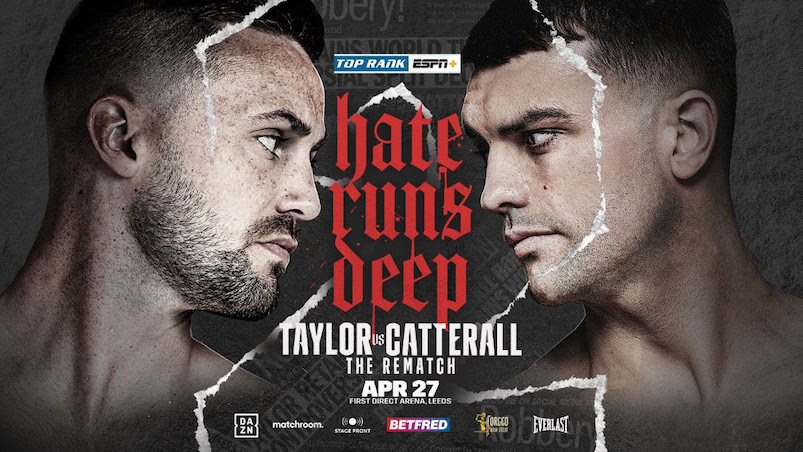Economics can be a complex subject, whether macro or micro or voodoo. In professional sports locker rooms, though, math is quite simple: The guy who makes more is the guy who is supposed to be the superior performer.
"Oh, yeah, everybody knows what everyone else is making," CBSSports.com contributor D.J. Williams, speaking of NFL locker rooms, recently said on the radio show he co-hosts with me on Miami's 790 The Ticket. " Everybody knows."
The same is true in NBA locker rooms, perhaps even more so, because in the NFL it's not as easy to determine exactly what someone else earns -- contracts are not guaranteed in the gridiron league, and are easily and frequently restructured. NBA contracts are what they are, and after this summer's salary cap explosion, many of them are suddenly and disproportionately enormous.
This presents a potential problem for coaches in particular, if resentments fester on their rosters, with players who pick up more of the slack picking up lighter checks. There's also the possibility that the people who are either paying a particular player (ownership), or are responsible for that player's presence (the general manager), pressure the coach to play that player, to justify the signing.
How skewed is the NBA's financial landscape? Well, let's take a look.
Orlando Magic: Bismack Biyombo will make $17 million next season, a little more than Evan Fournier, and roughly $5 million more than Serge Ibaka and Nik Vucevic. Biyombo had a breakout postseason last year for Toronto, and was paid accordingly, but there's a chance he doesn't even start in Orlando.
Milwaukee Bucks: Greg Monroe (on a contract he signed the previous summer) isn't as impactful as Khris Middleton or Giannis Antetokounmpo, who make $2 million and $14 million less, respectively. But now Miles Plumlee, on a new deal, makes about $9 million more than Antetokounmpo too.
Los Angeles Lakers: Luol Deng -- who is, to be fair, the Lakers' most accomplished veteran and will certainly command respect in the locker room -- will make $18 million this season. Timofey Mozgov, who could barely get on the floor for the Cavs in the playoffs last year, will make $16 million. Meanwhile, the combined salaries of D'Angelo Russell, Brandon Ingram and Julius Randle, who currently represent whatever future the Lakers have, is less than both of them.
Minnesota Timberwolves: This is actually an odd example, because Ricky Rubio's contract was signed in 2014 and remains reasonable ($13.4 million) for a starting point guard, but he's no higher than third on the pecking order behind two recent No. 1 overall picks (Karl-Anthony Towns and Andrew Wiggins) who make $11.7 million between them.
Philadelphia 76ers: Because the 76ers' salary structure is so skewed, new signee Jerryd Bayless leads the team at just $9.4 million, which would be no higher than fourth on any team other than Brooklyn, where Trevor Booker is third at $9.3 million. Still, the highest paid player on your team is Jerryd Bayless, and the Sixers have some legitimate up-and-coming talent.
Memphis Grizzlies: Mike Conley and Chandler Parsons will make $48.7 million combined this season, while Zach Randolph and Tony Allen -- core members of Grit and Grind -- combine for $15 million.
Portland Trail Blazers: Evan Turner will make more than twice as much ($16.2 million) this season as another wing, Al-Farouq Aminu ($7.8 million), though Aminu may contribute more to team success than Turner's skill set. Both are making a lot more than CJ McCollum ($3.2 million), though the NBA's Most Improved Player has no reason to sweat that, since his four-year, $106 million extension kicks in the following season.
Washington Wizards: Bradley Beal (just extended at $22.1 million for 2016-17) and newcomer Ian Mahinmi ($16 million) both will cash in more than franchise centerpiece John Wall ($15.8 million), who tends to be acutely aware of his financial situation as compared not just with his teammates, but others around the league, such as Detroit's Reggie Jackson and Houston's James Harden. Oh, and Wall recently said publicly that he and Beal have "a tendency to dislike each other on the court."
Dallas Mavericks: Harrison Barnes, who struggled in the NBA Finals and played only garbage time in the Olympics, will make $22.1 million this season, second only to Dirk Nowitzki. Deron Williams isn't anywhere what he was, but his $9 million still pales. Barnes was more or less an afterthought in Golden State, but in Dallas, at that kind of salary, he better be a lot more. Or there could be problems.
Boston Celtics: Isaiah Thomas' contract ($6.6 million this season) continues to look more and more comical, with the team's only All-Star now fifth on the Boston payroll. Making matters worse, Thomas can't even cash in next summer; his deal expires after the 2017-18 season. Some guys were free agents at the right time. Thomas wasn't one of them, and though he has Al Horford alongside him now, if he continues to carry the offense the way he did last year, bitterness could start to build.
Golden State Warriors: Two-time MVP Stephen Curry is fourth on the payroll at $12.1 million, though it's hard to argue with the decision to pay Kevin Durant ($26.5 million) to lead the list. And Curry will get his bounty next summer. Still, this is maybe the most unique situation in all of sports, with the salary of arguably the best player in the world barely eclipsing that of Andre Iguodala, who is a very good player, no doubt, but not Curry. Steph is used to this, however. Last year he was the fifth highest-paid Warrior. They make everything work in Oakland.
Houston Rockets: Ryan Anderson ($18.7 million) will make three times as much as likely starting point guard Patrick Beverley ($6 million). Anderson provides needed outside shooting, but there's not a 3-to-1 discrepancy in their contributions to the Rockets' cause.
Los Angeles Clippers: L.A.'s other team will be paying backup Austin Rivers more ($11 million) than starter J.J. Redick ($7.4 million), just because Redick signed before television cash flooded the league.
These examples are everywhere around the league.
Fans are sure to take note of the salaries, too. Role players getting double figure millions like Solomon Hill ($11.1 million this season) will be scrutinized for everything they can't do, rather than what they do provide, particularly if a team is losing, as Hill's Pelicans may do often. And while Portland's Allen Crabbe and Miami's Hassan Whiteside were heartwarming breakout stories when they were each making under $1 million, the expectations are heightened considerably now that they're making nearly $40 million next season between them.
Coaches will be most affected, however. They'll be challenged not only to play the player who is producing -- rather than costing -- the most, but also to squash any jealousy in the locker room, so that it doesn't fester into greater team turmoil.
Otherwise, they'll be the ones most likely to pay for all of this with their jobs.





